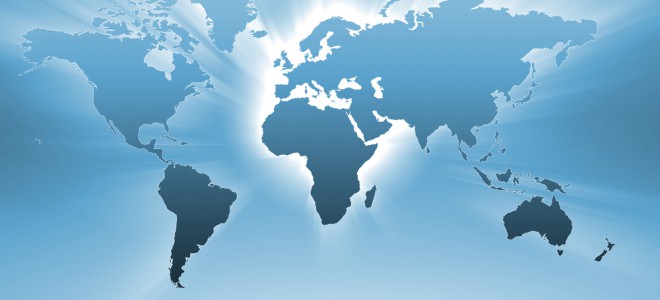In April 2012, the IPCP assembled a workshop in Gothenburg, Sweden, together with FORMAS, the Swedish Research Council, to discuss in more detail about how the concept of planetary boundaries may be applied to chemical pollution. As already pointed out by Rockström et al., chemical pollution is a “slow process without known global-scale thresholds”. This is because chemical pollution is caused by a wide range of chemicals released from a wide range of sources, which lead to environmental and human exposure on all scales from local to global. Accordingly, the adverse effects caused by chemical pollution may also exist on all scales and could take place soon after exposure or only after longer periods. This multi-scale aspect of chemical pollution makes the definition of a global threshold conceptually difficult.
There are some truly global chemicals such as chlorofluorocarbons, fluorocarbons etc. as well as persistent organic pollutants. For these, global agreements exist that aim at the phase-out of chemicals recognized as hazardous on the global scale, and this zero-emission goal is an example of a globally defined action plan for globally relevant chemicals. These agreements show that at least for some groups of chemical pollutants the global scale is the appropriate framework. Whether or not this also applies to other chemical groups needs further investigation. The workshop attendants discussed the various facets of the chemical pollution problem and prepared a consensus document that outlines the meaning of the “safe-operating-space” concept in the context of chemical pollution.
The publication from Diamond et al. titled “Exploring the planetary boundary for chemical pollution” serves as an outcome of this workshop and is available for download.
